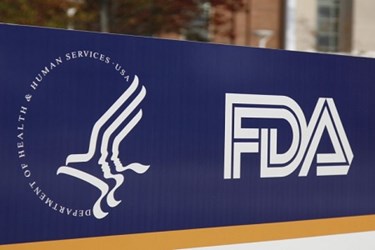precisionFDA Launched By FDA

By Christine Kern, contributing writer

precisionFDA is designed to harness the power of scientific collaboration.
The FDA has announced the launch of precisionFDA, an open-source web portal for next generation sequencing that aims to support the vision outlined in President Obama’s Precision Medicine Initiative announced earlier this year. The goal of Precision Medicine is to allow doctors access to all the information they need to individualize a diagnosis, treatment, or cure for a patient based on their genetic makeup.
First envisaged in July of 2014, the web platform is designed to encourage public-private collaboration on next-generation DNA sequencing. It will allow scientists to access and view new sequencing data, conduct genome analysis, and compare results to validated references.
An entry on the FDA blog explains that, through the use of the precisionFDA platform, “We want to help scientists work toward the most accurate and meaningful discoveries. precisionFDA users will have access to a number of important tools” including “reference genomes, such as ‘Genome in the Bottle,’ a reference sample of DNA for validating human genome sequences developed by the National Institute of Standards and Technology. Users will also be able to compare their results to previously validated reference results as well as share their results with other users, track changes, and obtain feedback.”
The precisionFDA platform builds on the success of the OpenFDA initiative, launched last year.
To improve the portal’s usability, openness and transparency and further enhance its features, the code for the platform will be placed on GitHub, an open-source software hosting service. Public rollout will continue over the coming months, and a public “code-a-thon” is scheduled for September 2016.
The precisionFDA initiative is led by Chief Health Informatics Officer Dr. Taha Kass-Hout and, as part of the president’s Precision Medicine initiative, this new online portal hopes to spur innovation towards a future where treatments are tailored to each individual based on their DNA.
First announced in August, the platform features more than 20 public and private sector participants including National Institutes of Health, National Institute of Standards and Technology, Centers for Disease Control and Prevention, Broad Institute, Intel, Illumina, 23andMe and more.
